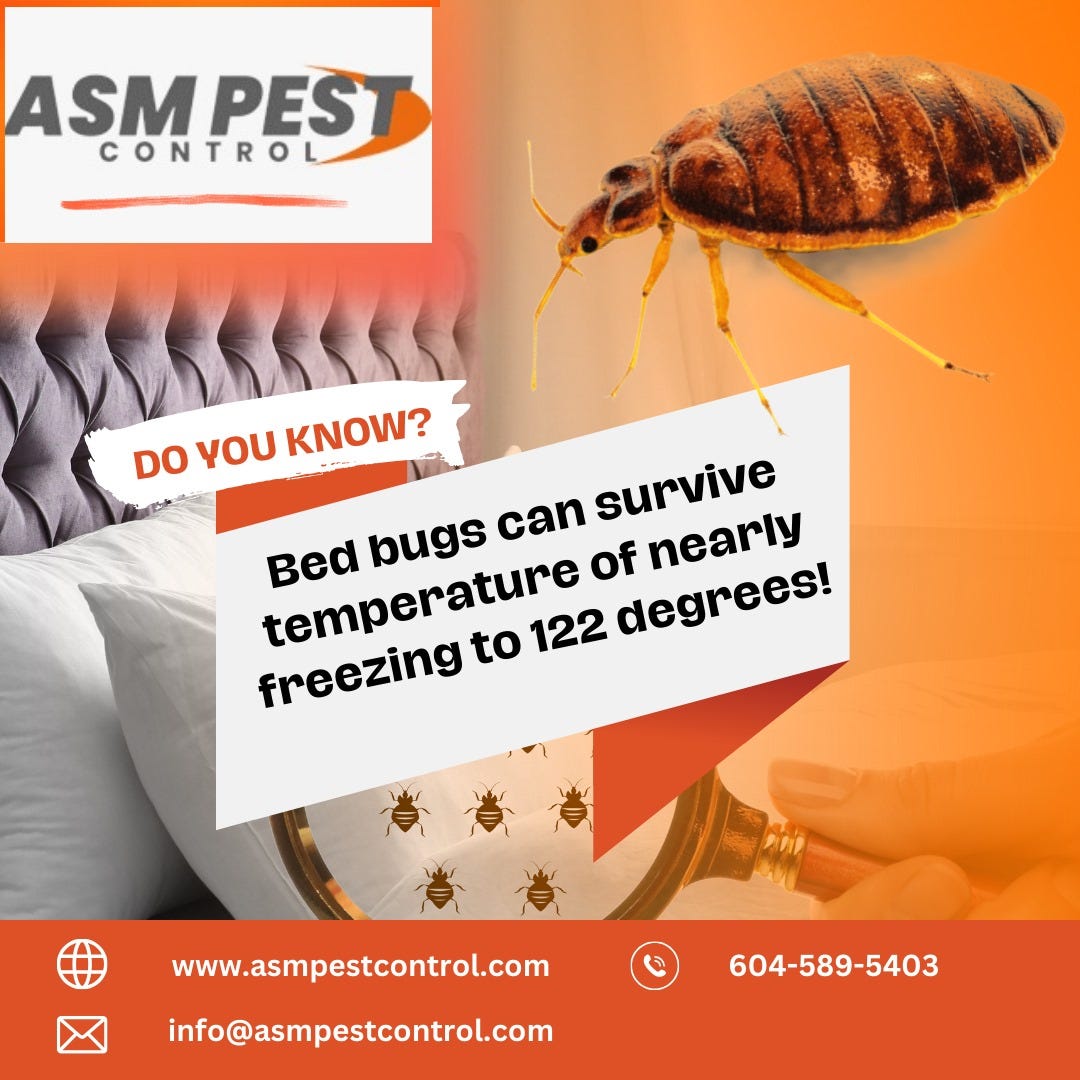Comprehensive Kings Bug Control Services Cincinnati OH
Comprehensive Kings Bug Control Services Cincinnati OH
Blog Article
Types of Parasite Control: Which Method Is Right for Your Invasion?
When encountered with a bug infestation, the option of a suitable technique for bug control is essential in efficiently handling the situation. By discovering the different types of insect control techniques offered, people can make enlightened decisions customized to their special scenarios, ensuring an extra sustainable and reliable result in insect eradication.
Chemical Insect Control
Chemical insect control involves the usage of synthetic or normally acquired chemicals to manage and get rid of pest populations efficiently. This approach is commonly utilized in agriculture, forestry, and residential settings to deal with a variety of parasites, including rodents, insects, and weeds. Using chemical pesticides can supply quick and targeted remedies to pest invasions, making it a popular choice for lots of people and companies.
One of the crucial benefits of chemical parasite control is its capability to swiftly eliminate pests, reducing the threat of damages to crops, home, and human health. By utilizing details chemicals that target certain parasites, this method can properly manage problems while lessening harm to beneficial microorganisms and the environment when applied properly.
Nevertheless, the usage of chemical pest control additionally raises worries regarding possible negative effects on non-target species, water sources, and human health and wellness. It is critical to adhere to security guidelines, apply chemicals responsibly, and take into consideration different insect control approaches to decrease these threats and guarantee sustainable pest monitoring techniques.
Biological Pest Control
Biological parasite control, additionally referred to as biocontrol, utilizes living microorganisms to decrease and handle pest populations normally. This technique uses the power of nature to control parasites without the requirement for synthetic chemicals. Biocontrol can entail the intro of natural enemies of the insect types, such as microorganisms, parasites, or predators, to reduce parasite populaces. By utilizing the bug's natural predators or microorganisms, organic bug control supplies a lasting and ecologically friendly remedy to pest management.

Mechanical Pest Control
Using physical and hand-operated techniques to take care of pest populaces, mechanical pest control supplies an alternate approach that does not rely upon making use of living organisms or artificial chemicals. This technique entails using barriers, traps, or various other devices to literally hinder or get rid of insects. By obstructing parasite entry points or setting up catches to catch them, mechanical bug control can effectively decrease infestations without introducing chemicals right into the setting.
One usual example of mechanical insect control is using mesh screens on doors and home windows to stop insects from entering structures. This Click This Link straightforward yet efficient technique serves as a physical obstacle, maintaining bugs out while permitting proper air flow. Furthermore, devices like mousetraps, fly swatters, and ultrasonic repellents fall under the mechanical pest control group.
While mechanical bug control techniques can be labor-intensive and call for routine monitoring and upkeep, they provide a eco friendly and lasting option for managing pest invasions. By incorporating different mechanical here are the findings methods, property proprietors can produce a detailed bug control strategy that minimizes dependence on chemical pesticides.
Physical Parasite Control

Some typical physical bug control approaches consist of the usage of barriers such as webs or displays to avoid parasite entrance, traps to capture and remove insects, and hand-picking to physically eliminate parasites from plants or frameworks. Furthermore, techniques like warm treatments can be used to regulate bugs like bed bugs by raising the temperature to levels that are deadly to the pests.
Physical bug control is particularly useful in incorporated insect management (IPM) strategies, where several pest control approaches are integrated for effective bug monitoring while reducing using chemicals. By using physical parasite control strategies, people can effectively resolve insect problems with marginal environmental effect.
Integrated Bug Management
When applying physical bug control techniques as component of bug monitoring strategies, Integrated Bug Monitoring (IPM) becomes an extensive strategy that leverages different methods to properly regulate pest populaces. IPM concentrates on long-term prevention of bugs via a combination of biological, social, physical, and chemical tools customized to specific insect issues. By incorporating multiple control tactics, IPM intends to lessen the risks connected with parasites while additionally reducing dependence on chemical options.
One trick element of IPM is the focus on monitoring Recommended Reading and analyzing pest populaces to figure out the most ideal control approaches. This positive method permits early treatment and targeted strategies, leading to much more effective parasite administration. In addition, IPM promotes eco pleasant techniques by prioritizing non-chemical control methods and just making use of chemicals as a last hope.
Verdict

By using the insect's all-natural killers or virus, biological parasite control offers a sustainable and environmentally pleasant option to pest monitoring. - Kings Bed bug exterminator Cincinnati
Using physical and hand-operated techniques to manage insect populations, mechanical bug control supplies a different technique that does not count on the usage of living microorganisms or synthetic chemicals.A reliable technique to managing insect populaces without counting on chemical or organic approaches entails the usage of physical bug control strategies.When implementing physical pest control techniques as part of insect management techniques, Integrated Parasite Administration (IPM) emerges as a detailed approach that leverages various methods to efficiently regulate pest populations. Chemical pest control entails the usage of chemicals, organic insect control uses all-natural predators, mechanical pest control entails physical obstacles, physical parasite control includes trapping or removing bugs, and integrated pest monitoring integrates numerous techniques for an all natural method to pest control.
Report this page